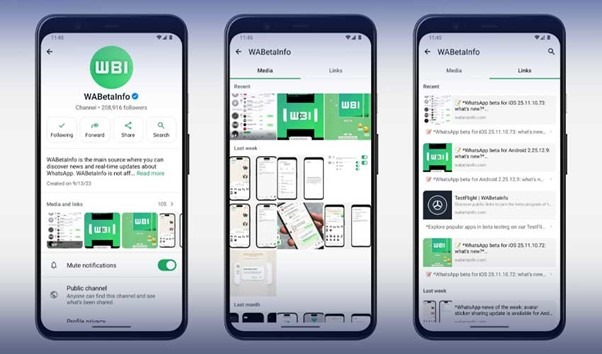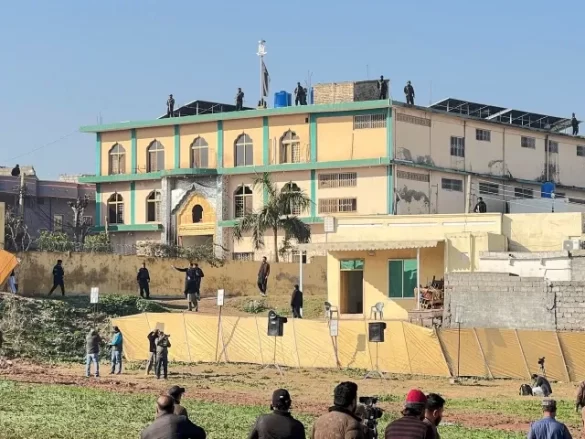A Digital Shift in Government Communication
The Presidency of Pakistan has launched an official WhatsApp channel to improve its communication with the media and ensure the rapid dissemination of accurate information. The initiative, overseen by Presidential Spokesperson Murtaza Solangi and Press Secretary Daniyal Gilani, marks a significant step toward modernizing how the country’s highest office interacts with journalists.
The move comes at a time when governments worldwide are increasingly using digital platforms to engage with the public and the press. In Pakistan, where misinformation and unverified news often spread rapidly on social media, the Presidency’s new approach is being seen as both timely and necessary.
How the Channel Will Work
According to officials, the WhatsApp channel will serve as a direct line of communication between the Presidency and accredited beat reporters. Through this platform, journalists will receive:
-
Official press releases.
-
Key statements from the President’s office.
-
Updates on events, meetings, and public engagements.
-
Notifications about scheduled press briefings.
By offering real-time access to official information, the Presidency hopes to reduce reliance on unofficial sources, which often contribute to rumors or incomplete reporting.
Combating Misinformation
One of the central objectives of the WhatsApp channel is to curb the circulation of fake news. Pakistan, like many countries, faces challenges with the spread of misinformation through both mainstream and digital media.
Presidential Spokesperson Murtaza Solangi emphasized that the channel is intended exclusively for verified reporters. “This initiative will help ensure that journalists covering the Presidency receive authentic updates without delay,” he said. By limiting access to accredited beat reporters, officials believe they can maintain credibility and prevent misuse.
Context: Media and the Presidency in Pakistan
The Presidency in Pakistan plays a largely ceremonial role compared with the Prime Minister’s office, yet its statements and activities remain important for political observers. Traditionally, updates from the President’s office have been communicated through press conferences, press releases, or official websites.
However, the reliance on conventional methods has sometimes led to delays in news dissemination. In today’s fast-paced media environment, where reporters compete to break stories within minutes, delays can create room for speculation. The WhatsApp channel aims to fill that gap by offering instant updates directly from the source.
This trend mirrors global practices. Leaders and institutions around the world have increasingly adopted instant messaging platforms to engage with journalists and citizens. For example, several government offices in Europe and Asia use WhatsApp or Telegram channels to provide live updates.
Media Response and Early Reactions
Initial responses from Pakistani media circles have been largely positive. Journalists see the initiative as a practical solution to long-standing challenges in accessing accurate information. Reporters covering the Presidency noted that the move would streamline their work, allowing them to focus on analysis rather than verification of basic facts.
Some media analysts, however, caution that digital tools should complement, not replace, traditional press briefings. They argue that direct interaction with officials remains essential for accountability and in-depth reporting.
Nonetheless, the WhatsApp channel has been welcomed as a meaningful first step in making official communication more transparent and responsive.
Looking Ahead
The Presidency’s embrace of WhatsApp is part of a broader global shift toward digital governance and communication. If successful, the initiative may serve as a model for other government institutions in Pakistan, many of which still rely heavily on traditional press handouts.
For now, the focus remains on ensuring that accredited journalists gain quick and reliable access to official information. Whether this approach will significantly reduce misinformation and speculation in the country’s dynamic media landscape remains to be seen.















